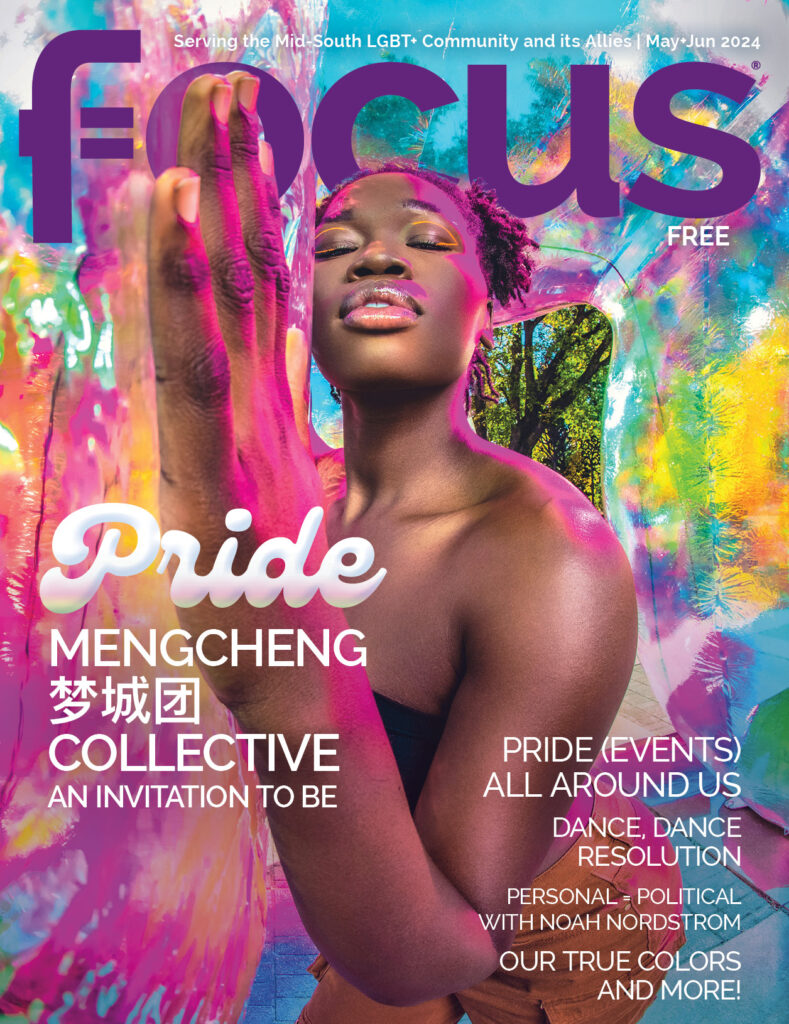by Alexandra Damiano, NCC
According to the National Sexual Violence Resource Center (NSVRC), this year will mark the 19th anniversary of the official declaration of April being Sexual Assault Awareness Month. We spoke with Alexandra Damiano, NCC, a Gender, Sexual, and Romantic Minority Outreach Coordinator with the Sexual Assault Center (S.A.C.) in Nashville, to get some insight on sexual assault in the LGBT+ community and resources available to help victims. She says there are three things we should all know about sexual assault and the LGBT+ community.
It happens to us.
47% of transgender people and 41%-58% of non- binary people are sexually assaulted at some point in their lifetimes. (2015 US Transgender Survey)
46% of bisexual women have been raped (compared to 17% of heterosexual women and 13% of lesbians) and 47% of bisexual men and 40% of gay men have experienced sexual violence (compared to 9% of heterosexual men). (2010 CDC National Intimate Partner & Sexual Violence Survey)
Sexual assault doesn’t “cause” LGBTQIA+ identity, but systemic biphobia, homophobia, & transphobia do make us more vulnerable.
Some may take the above statistics as proof positive that sexual assault somehow causes LGBTQIA+ identity, but correlation isn’t causation. Many straight and cisgender people are survivors of sexual assault. Many LGBTQIA+ people have never experienced sexual assault. The idea that sexuality or gender can be “caused” by sexual violence harms LGBTQIA+ survivors, straight and cisgender survivors, and fuels dangerous practices like conversion therapy.
The correlation between LGBTQIA+ identity and sexual assault has another explanation. The people most vulnerable to sexual assault are isolated; taught to suppress body signals; disconnected from family of origin; have a difficult time finding affirming medical, mental health, and emergency resources; have less access to accurate, affirming information about bodies, sex, and relationships; and are more likely to be shamed and less likely to be believed.
These are the day-to-day effects of marginalization and oppression. Straight and cisgender people of other marginalized groups are more vulnerable to sexual assault for these reasons too. The correlation between sexual assault and LGBTQIA+ identity has nothing to do with our identities, themselves, and everything to do with the ways U.S. culture pushes LGBTQIA+ people to the margins.
Healing is possible — And there’s help.
LGBTQIA+ people are resilient, practiced at authoring our own narratives, and familiar with organizing community to meet unmet needs. This makes us particularly well-equipped to find healing after sexual assault – and the Sexual Assault Center (S.A.C.) of Middle Tennessee is there if more help is needed.
The S.A.C. has offices in Clarksville and Nashville and offers counseling, professional advocacy, and education for survivors and their loved ones of all ages and genders. These services are free of charge if need be and staff receive LGBTQIA+ competency training from the S.A.C.’s in-house Gender/Sexual/Romantic Minority Outreach Coordinator. The Nashville office is equipped with a 24/7/365 SAFE Clinic which provides optional rape kits, emergency medical care, STI testing and treatment, PEP (Post-Exposure Prophylaxis), and emergency contraception for anyone 16 and older up to five days following a sexual assault — absolutely free of charge.
FOR MORE INFORMATION
Visit www.sacenter.org. If you or someone you know needs immediate help, call 1-800-879-1999.


